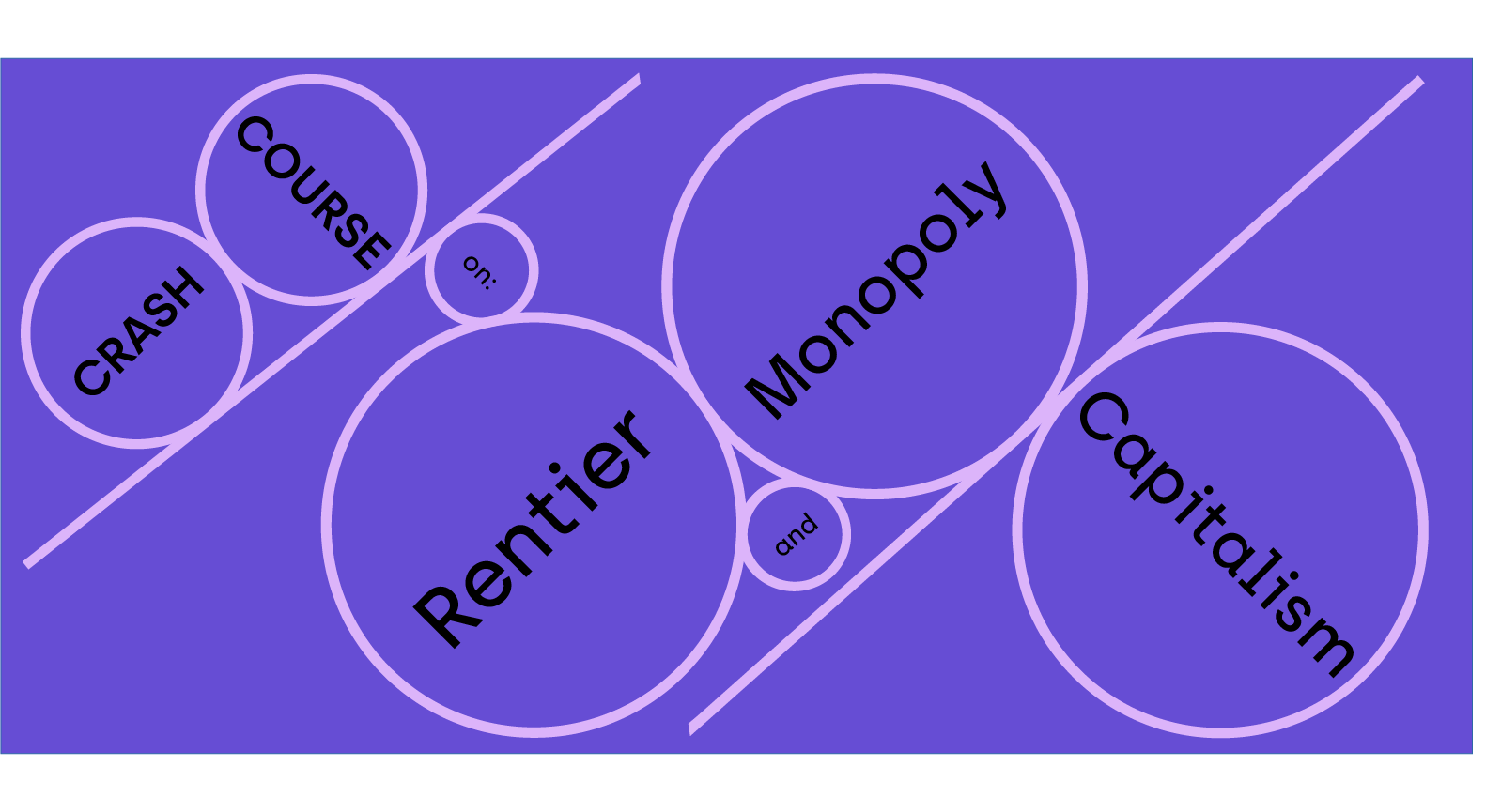
#4 Monopoly Power and EU Competition Policy — with Angela Wigger
During the pandemic and its aftermath, the world witnessed a revival of new narratives and strategies related to industrial policy in a geopolitically competitive environment. We invite Angela Wigger to reflect on the history of competition policy in the EU and provide a deeper understanding of the latest “come-back” of EU industrial policy. She will explain how EU competition policy is enshrined in the shift towards a neoliberal order since the 1980s. Angela will provide a perspective on contemporary competition policy since the financial crisis, reflecting on the role of political institutions like the European Commission.
We will further ask Angela:
How should we understand the concept of “competition” in the context of the EU?
Whose interests do the EU’s competition policy serve, both in terms of industries and geopolitical actors?
Are alternative types of competition policy feasible, and how should we shape them?

Angela Wigger is an associate professor on Global Political Economy at the Radboud University in Nijmegen (the Netherlands). She researches capitalist crises from a historical materialist perspective. Focal points are the geopolitics of EU industrial and antitrust policy, industrial re-shoring attempts, the “competitiveness” fetish, internal devaluation and debt-led accumulation in the age of rentier capitalism.
She wrote “The Politics of European Competition Regulation. A Critical Political Economy Perspective” (with H. Buch-Hansen, 2011, Routledge/RIPE) and published in journals like New Political Economy, New Political Science, RIPE, JCMS, Economy & Society, Globalizations, Geoforum, Capital & Class, Ephemera, and many more.
You can get in touch with Angela via this address: angela.wigger@ru.nl Follow Angela here on X: @AngelaWigger
Podcast
For every product you buy on Amazon, 40% of the price goes directly to Amazon. Corporate titans dominate the market, leveraging their control over technology and resources to outpace smaller rivals and impact value chains, labor, and economies. Why compete, when you can own the market? Why produce when you can lay back and collect monopoly rents?